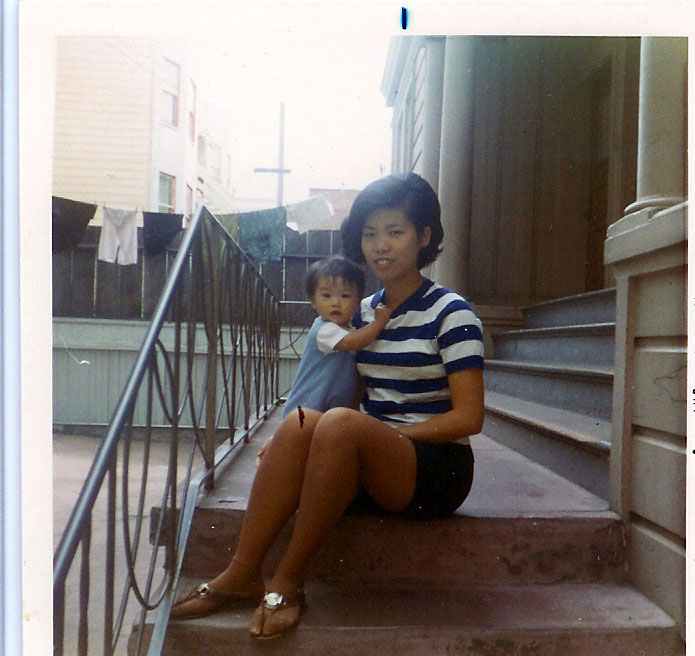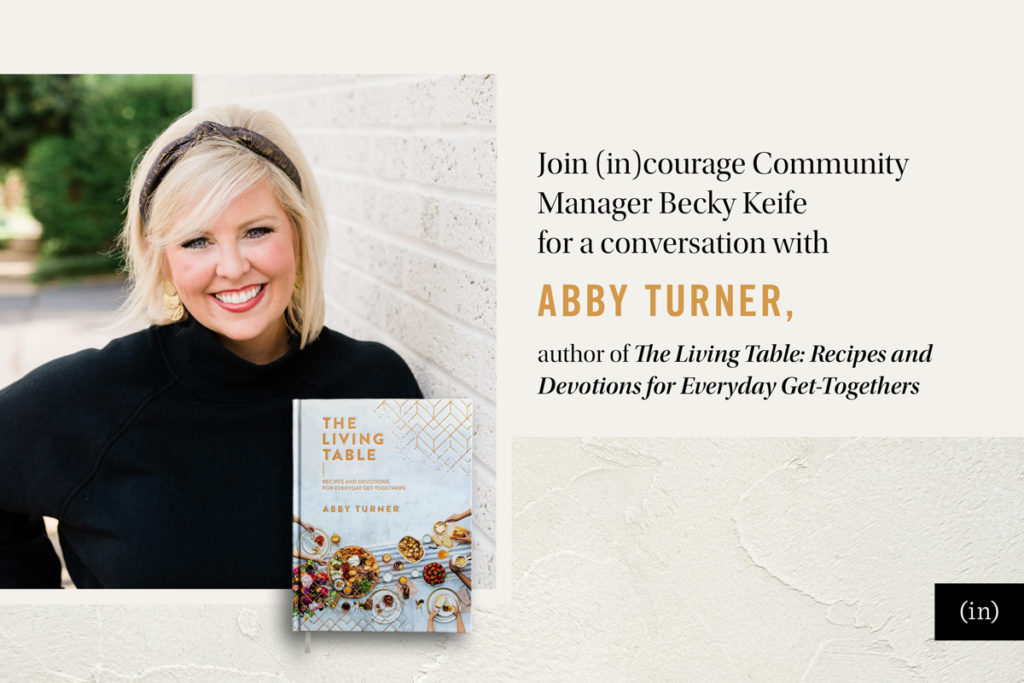Growing up in Oklahoma, I was used to the reality that spring comes in like a lion and out like a lamb. That lion translates to tornado sirens, hail, destructive winds, and waking up in the middle of the night to run to our safe spot, which was usually a bathroom in the middle of our house. We’d lie in the bathtub with a mattress pulled over our heads, while we prayed that the tornado wouldn’t hit our house.
I remember the night our phone rang and how my Dad’s face changed to shock, mixed with relief, as he listened to my grandfather shouting, “We’re alive. We’re alive.” Their house and neighborhood had been leveled by a tornado, but God had spared them.
Last week, it was a bad weather day that started before the sun rose. I watched the news as our meteorologist told us who was in the path of the storm. I prayed against the storm like Jesus did — to be calm and still. I watched reports of school buses with children getting stranded in floodwaters.
Black clouds rotated as I drove home from dropping my daughter off at school. I continued to pray as I tried to see the road through torrential rain. I called my parents to meet me at my house so we could get into our storm shelter. I listened for the sound of hail hitting my roof and the sirens warning me a tornado was present. Thankfully, our area was under danger but no damage was done. But going through a storm is exhausting.
By that afternoon, the sun started to peek back out as we all began to survey the damage. I saw splashing in a flooded yard, and there was a black bird taking a bath — fluttering, splashing, and enjoying the plentiful water that God had sent. This black bird had experienced what I just did, taking cover as best as she could.
As I watched this puddle bath, the Holy Spirt graciously reminded me that God is working out all things together for my good, even the storms.
In that moment, I knew God allowed the storm to encourage me in my faith, so I could realize again that He answers my prayers.
As our local weatherman reminds us during tornado season, “Don’t be scared; be prepared.”
What if we took the same posture in our daily lives? To not be scared of the storms in our lives, for they will come, but to be prepared for how we will battle in prayer and walk in faith. To plan on celebrating what God will do as we splash in puddles with praise.
The storms in your life are a reminder to use the power and authority God has given you and to witness God fight for you, answer your prayers, keep His promises, and love you through it.
I was overcome with the thought of how we can be like this little black bird. Watching her gave me hope to carry on, just like when we watch someone go through their own storm and come out on the other side — not just surviving but praising God for the puddles left behind.
Praising God through your storm can give someone else pause and hope in their hard times.
Whether your storm looks like taking the wrong advice, a business deal gone bad, a relationship that ended, a health issue you’re still dealing with or a child that has rebelled, God promises in Isaiah 43:1-3 and 18-21,
Fear not, for I have redeemed you;
I have called you by name, you are mine.
When you pass through the waters, I will be with you;
and through the rivers, they shall not overwhelm you;
when you walk through fire you shall not be burned,
and the flame shall not consume you.
For I am the Lord your God,
the Holy One of Israel, your Savior.
Behold, I am doing a new thing;
now it springs forth, do you not perceive it?
I will make a way in the wilderness
and rivers in the desert.
The wild beasts will honor me,
the jackals and the ostriches,
for I give water in the wilderness,
rivers in the desert,
to give drink to my chosen people,
the people whom I formed for myself
that they might declare my praise.
Our part is to remember we are God’s chosen and to be patient, allowing God to get us through the rising waters, fire, and wilderness.
I don’t know about you, but I’m impatient. I want God to do the working out now and to prevent the rising waters, flames, and hardships from even happening. But I wonder if we forget that the storm is a chance to praise God. I wonder if our impatience and if some of the messes we find ourselves in are because we didn’t give God space and time to make the floodwaters into a beautiful springtime bath. What we consider a delay by God in His answer for our prayers is not an unfulfilled promise.
I realize your storm probably isn’t literal like mine was the other night, but we will all find ourselves in some type of storm where we will need God to work it out. And we want Him not just to work it out but to work it out for our good. I believe that deep down we want to experience His love so our lives can be full of His praises, and I’m thankful that with the current state of our lives and our world, we can hope in His rescue and provision and that God promises it.
The storms in our lives give us courage to pray and see God answer in His good time. Until then, let’s plan on celebrating in the puddles after the storm and praise God for His kindness to us even now.




